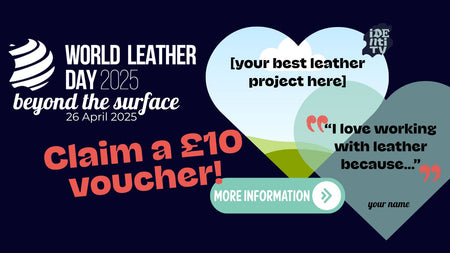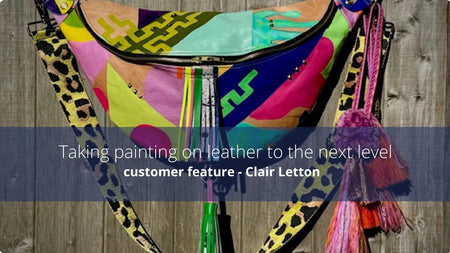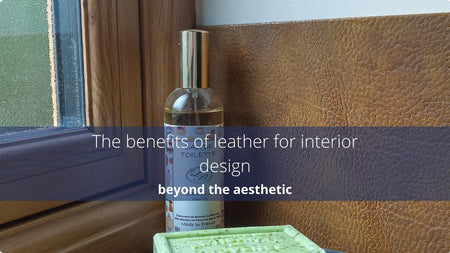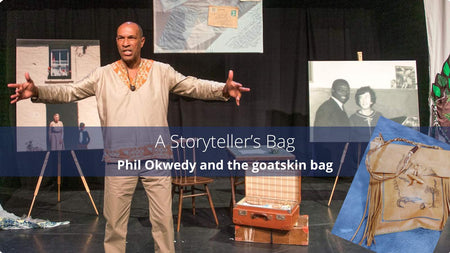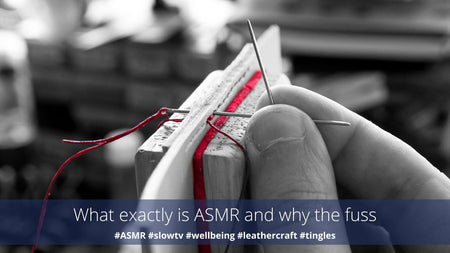Making “Made in England” products from Identity Vegetable Tanned Leather
Background
What does “Made in England” mean in the 2020s? A whiff of patriotism, support of English communities, fewer miles travelled, so better for the Earth? It gives a fuzzy feeling. The following is offered for guidance.

Made in England has rarely implied that all materials from which the product is crafted, have to originate from England (or the UK). Ask yourself where iron, steel, aluminium, tea, cotton or coffee come from. Governments worldwide have differentiated products where components are made abroad and simply assembled in their country, from products that are fashioned out of a partially processed raw material, that is not available locally. Goods are deemed to be manufactured or produced in a country in which they last underwent a treatment or process, resulting in a substantial creative change. Land Rover is a British brand par excellence, owned by Tata of India, and built in Brazil, China, India, Slovakia and the UK.
Makers consider all that goes into the product being made. The creative inspiration, research and development, base material, product assembly, quality assurance, marketing, sales, transport, energy et al.
If Made in England (or UK) is to mean anything, it is in the essence of the making, the cultural influences and traditions coupled with the environmental impact, design, specification and creation of the product.
Applying this reasoning to making products from Identity Vegetable Tanned Leather, we feel that any product made from this leather in England by an honourable, thoughtful maker, can be labelled Made in England (or UK) with pride.

Natural vegetable tanned leather
Our vegetable leathers are made using various natural tannins, these include myrobolan (Terminalia Chebula), mimosa (Acacia Catechu) and oak bark. Identity natural vegetable leather, which is used for craft dyeing, carving and embossing is made in England, Spain, Italy, South America and the Indian sub-continent. It is a partially processed, sustainable natural material, the appearance of which is changed substantially by the product Maker. It is important we are involved in the design, specification, quality control and making of these leathers.
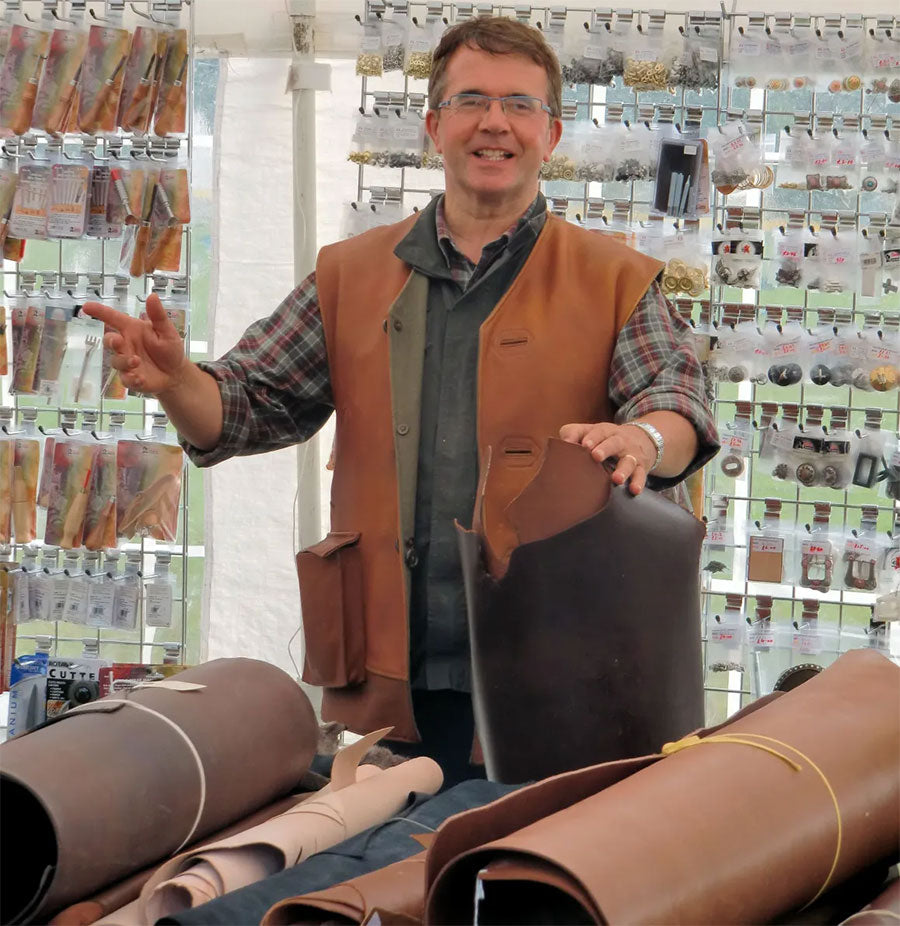
Dr. Peter Laight, our leather maker, has over 55 years experience working in leather factories throughout the world.
Article written by Dr Peter Laight – November 2020
Further reading: Make-it-British – Where do you draw the line?
Definition: Sir Gordon Bennet give a good definition bearing in mind there is very little in English law to define this, other than the 1965 Trades Description Act:
1: All goods must be manufactured or assembled within The United Kingdom.
2: All goods must have been significantly changed through a treatment or process within the United Kingdom.
3: Apart from certain cases where the core materials cannot be harvested or made the U.K. Then the majority of materials should come from the U.K.


